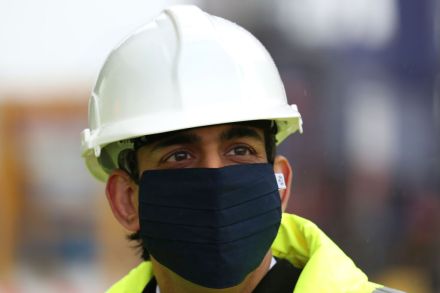Can John Lewis and Waitrose really remain partners?
Historians of unforeseen crises talk about ‘chaos theory’ and the ‘butterfly effect’, in which a small perturbation far away — the flapping of a butterfly’s wings in Australia, as it were — have impacts across much larger connected systems. More usually applied to weather events, the theory had its 2008 moment when the collapse of AIG, a US insurer whose name meant little over here, threatened to cripple so many banks that, without immediate bailouts, our high street ATMs (we were told) might have been switched off there and then. Let’s hope Greensill Capital, a little-known ‘shadow bank’ created by former Queensland sugar farmer Lex Greensill, doesn’t turn out to




















